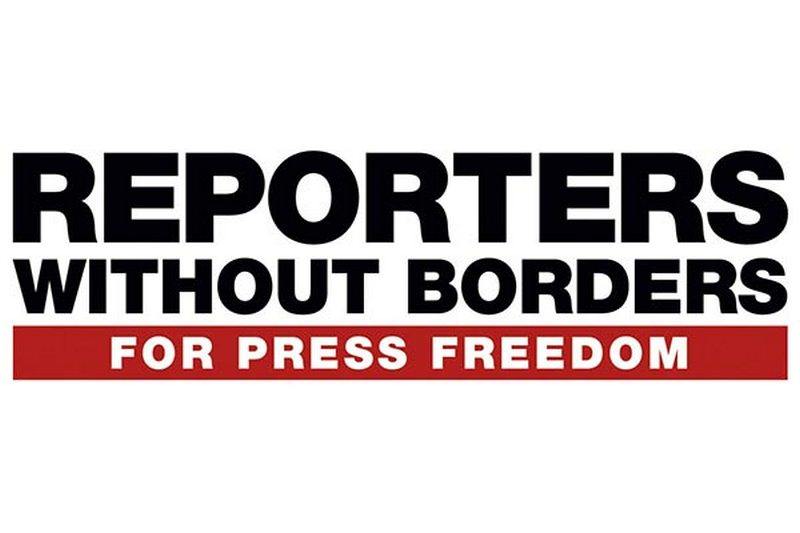Reporters without borders: Belarus tries to silence the most popular independent news site

The Belarusian authorities are harassing the country’s most popular news website, TUT.BY. Online access has been blocked, its Minsk headquarters have been searched and criminal proceedings have been initiated against the people who run it. Reporters Without Borders (RSF) condemns the trumped-up charges used to silence this media outlet and calls for a firm UN reaction so that the right to inform is respected in Belarus.
Yesterday was a dark day for TUT.BY, Belarus’s most widely read independent media outlet. Police and officials from the Department of Financial Investigations (DFR) searched its offices in the capital, Minsk, in the morning. Other searches were carried out at its regional offices in Brest and Hrodna, and at the homes of chief editor Marina Zolotova and other journalists.
At least 11 TUT.BY employees were still being held this morning, including Zolotava, publisher Volha Loyka, journalist Alena Talkachova and director-general Lyudmila Chekina. In a press release, the DFR said the media’s representatives were being prosecuted for “tax fraud.” Artyom Mayorov, journalist for the weekly paper Belarusy i Rynok, who was arrested when he went to cover the raid on TUT.BY’s Minsk headquarters, is also still detained.
Online access to TUT.BY, which has provided extensive coverage of the protests since last August’s fraudulent presidential election, has been blocked by the authorities since yesterday. The information ministry said it was blocked because of “multiple media law violations, including the publication of banned information.”
“These accusations have been trumped up in order to silence one of the country’s most popular media outlets,” said Jeanne Cavelier, the head of RSF’s Eastern Europe and Central Asia desk. “This large-scale offensive against TUT.BY is an alarming new step towards the annihilation of independent journalism and the complete control of the media space desired by the authorities. We call on the UN to react firmly in order to obtain the release of all journalists imprisoned in Belarus and to ensure respect for the right to inform.”
The information ministry already stripped TUT.BY — 20 million visitors a day — of its status as a media last January and its journalists are constantly harassed by the authorities.
In addition to those arrested after yesterday’s searches, two other TUT.BY journalists are already detained. Lyubou Kaspyarovich and Tatsyana Kapitonava are serving sentences of 15 days and 10 days in prison, respectively, for “participating” in events they were covering. Another TUT.BY journalist, Katsyarina Barysevich, has just been released after serving a six-month prison sentence for “divulging medical secrets” in a story about the death of an activist who had been beaten by police.
The persecution of TUT.BY seems to confirm an escalation in the harassment of Belarus’s media. A series of amendments to the media law and to the law on demonstrations have provided a legal veneer to Belarus’s press violations, while the judicial system, which follows government orders, has begun treating the work of independent journalists as “extremism.”
In the southwestern city of Brest, the local newspaper Intex-press was fined more than 1,400 euros on 5 May after publishing an interview with Sviatlana Tsikhanouskaya, the leading opposition candidate in last August’s election, now living in self-imposed exile. The newspaper has not been printed since then. The local website Hrodna.life was fined 4,000 euros for publishing information about a Telegram channel regarded as extremist by the authorities since last autumn.
With a state apparatus that does not hesitate to mistreat and torture detained journalists, Belarus is ranked 158th out of 180 countries in RSF’s 2021 World Press Freedom Index.
 @bajmedia
@bajmedia
